Phone advice on right to die mooted
Attorney-General Mark Dreyfus is considering changing the law to allow doctors to give phone and telehealth advice to patients about voluntary assisted dying.
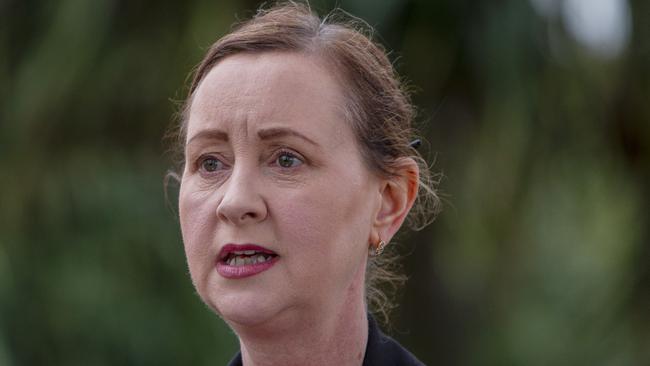
Attorney-General Mark Dreyfus is considering changing the law to allow doctors to give phone and telehealth advice to patients about voluntary assisted dying, after pressure from the Queensland government.
Mr Dreyfus is investigating changes to the Commonwealth Criminal Code after Queensland Health Minister Yvette D’Ath raised concerns about laws that threaten doctors with a $220,000 fine for “inciting or counselling” suicide via a carriage service. “The A-G is seeking advice on concerns raised by the Queensland Health Minister,” a spokesman for Mr Dreyfus said on Wednesday.
All of Australia’s six states have embraced voluntary euthanasia for the terminally ill after a vote in the NSW parliament in May.
A conscience vote to allow the Northern Territory and ACT to legalise assisted dying could be put before federal parliament as early as the end of July.
Despite 25 million Australians now covered by state schemes, the Albanese government is yet to exempt doctors from federal prosecution for giving advice on voluntary assisted dying via telehealth. A federal law passed in 2005 prevents doctors from encouraging suicide by phone, email or videoconference, punishable by a fine of $222,000.
Concerned by the possible intersection of the federal law with its VAD scheme, the first to be enacted, Victoria in 2019 advised doctors not to use telehealth conferencing to talk with patients about voluntary euthanasia.
Western Australia’s right to die scheme, which began in July last year, requires discussions on administering the lethal dose to be had in person.
With Queensland’s scheme to come into effect in January, Ms D’Ath began to raise concerns with her federal counterpart, Mark Butler, after the election.
Mr Butler last year told The Australian that doctors should be able to do their job “without the threat of criminal prosecution hanging over their head”.
“The Morrison government needs to stop sitting on its hands and ensure that the implementation of those state laws is not thwarted by the threat of prosecution under commonwealth communications laws,” he said in September.
Telehealth, which lets patients consult with doctors on the phone or videoconference, is heavily relied on in Queensland, the most decentralised state in Australia.
The state government has previously conceded the scheme might be available only to people in larger cities until doctors were better protected.
Australian Medical Association vice-president Chris Moy said doctors were bound by strict rules in the two states with assisted dying in place – Victoria and WA – to avoid federal prosecution.
“This archaic legislation is a real and present barrier to equity of access to a legal service in states where it is available, a really serious barrier,” he said. “It is discriminating against people in rural and remote areas getting the same access to a legal service.
“You have to take away the emotion about the pros and cons of VAD … if it is legal, there should be equity of access.”
The AMA wrote to the Morrison government about rescinding the law after Victoria implemented its assisted dying scheme in 2019, but the federal government was not supportive.
“We are in a different position now because we have more states that have passed laws in this area, and there may be more ability to have a mature discussion about this,” Dr Moy said.
“This has impaired the access for those in the country relative to those in metropolitan areas in every state where voluntary assisted dying has come into effect.”
Dr Moy said the law also prevented city-based doctors from giving specific instructions to pharmacists over the phone.
Queensland Premier Annastacia Palaszczuk, along with other state leaders, last year sought reassurance from the Commonwealth Director of Public Prosecutions that health practitioners would not face criminal action, but no such assurance has been provided.
Assisted dying is already under way in Victoria and WA will be available in Tasmania in October.
In 2023, Queensland’s scheme will come into effect in January, South Australia in March and NSW in October.


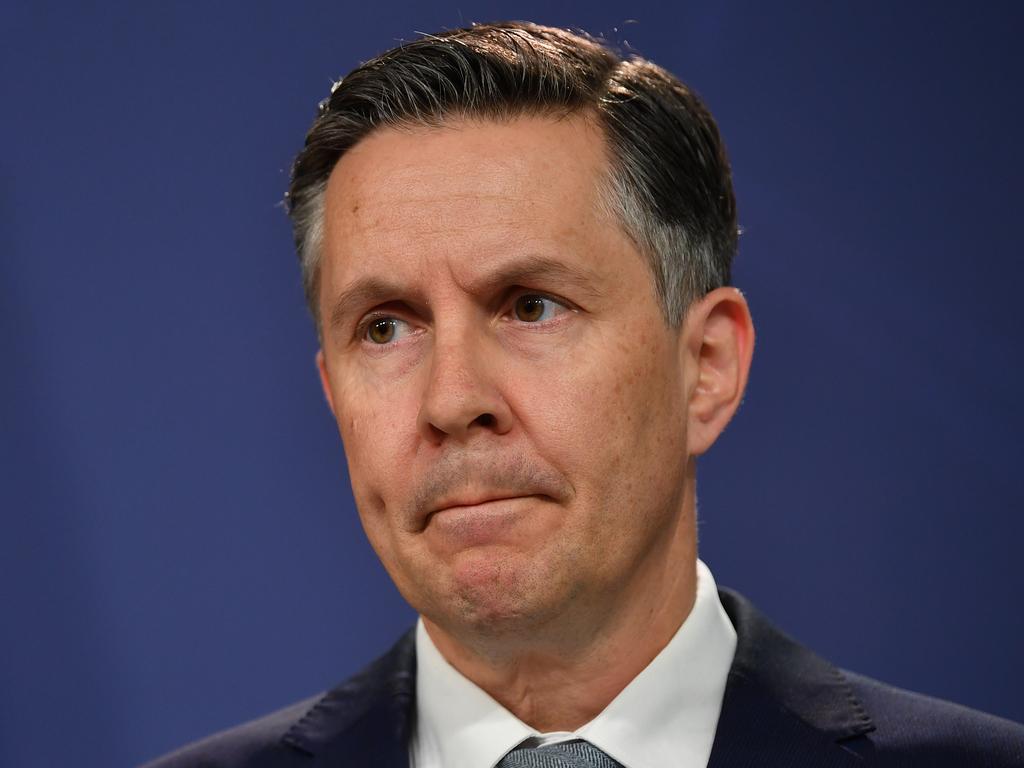
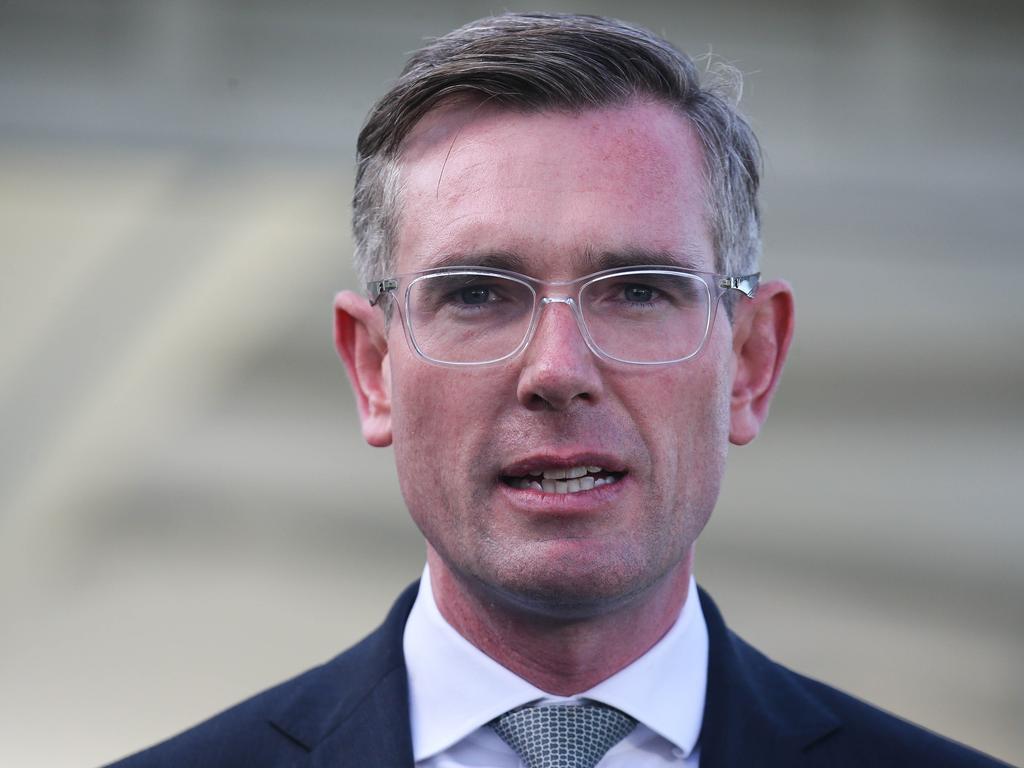
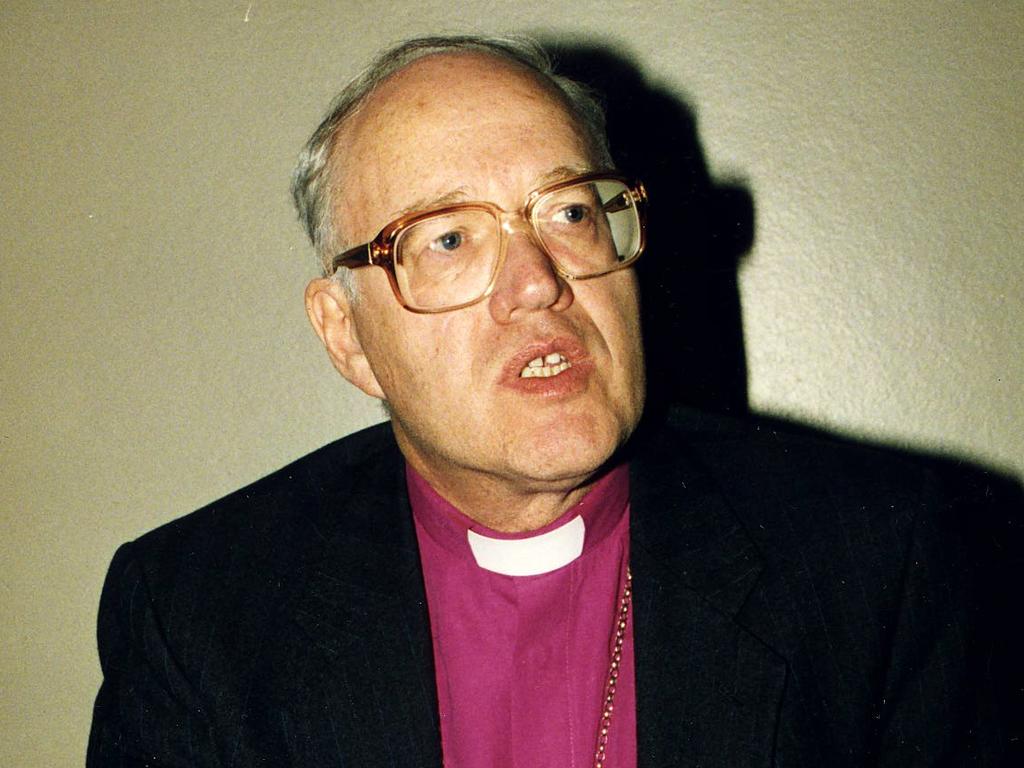
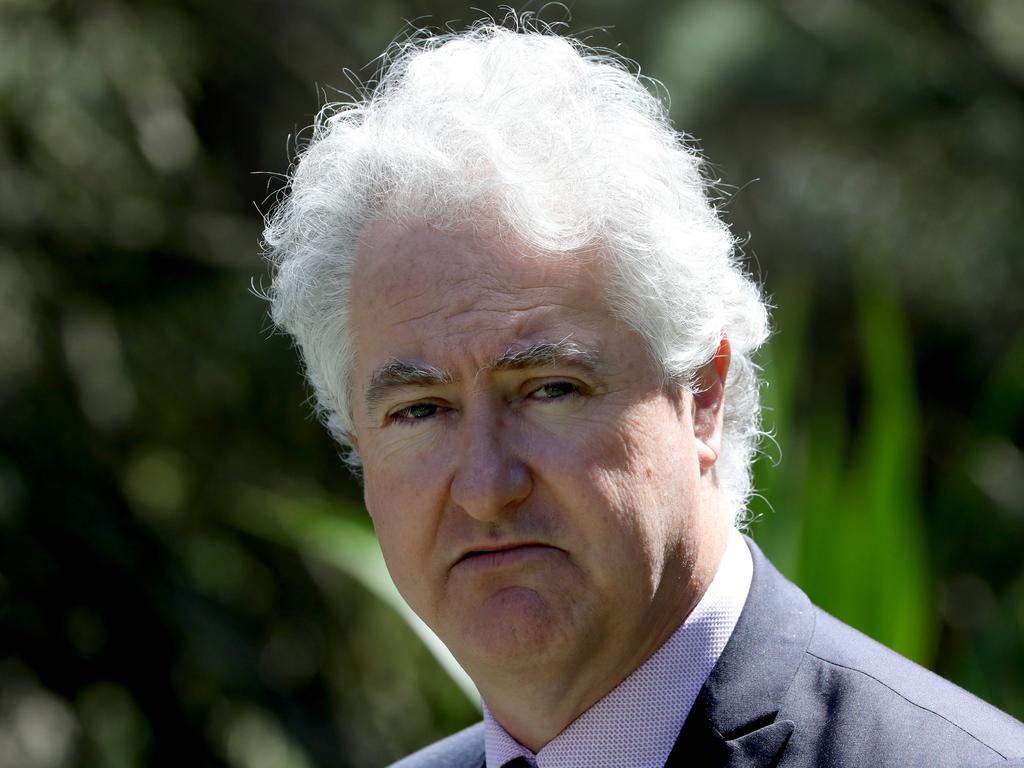


To join the conversation, please log in. Don't have an account? Register
Join the conversation, you are commenting as Logout